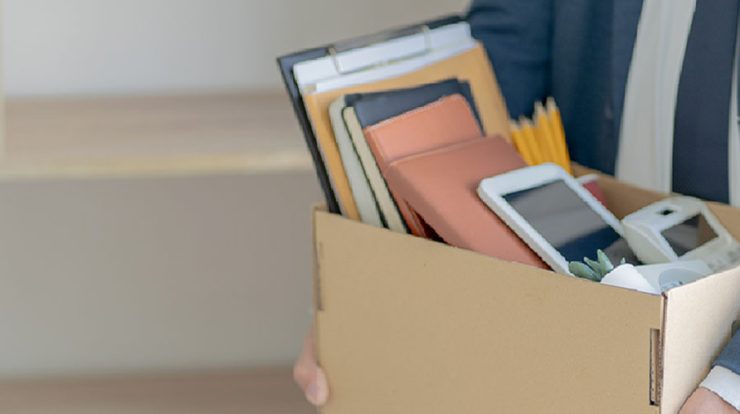
Losing a job can be upsetting on many levels, including financially, emotionally, and mentally. When you don’t know when your next paycheck will come, it’s harder to pay bills and keep up with life. With the way the job market is right now, it’s important to know how to handle your money if you lose your job. This article gives you four ideas for making a budget after you’ve lost your job. But before then, https://www.bestusacasinosites.com/casino-games/ is a viable option for making money if explored.
Table of Contents
1. Apply For The Unemployment Benefits Program You Qualify For
The main goal of programmes to help people who have lost their jobs is to keep them from getting into big financial trouble. By helping with day-to-day costs, these programmes keep people who just lost their jobs from having to sell their assets. You can use this time to look for a job where you can use both your skills and the unemployment benefits programme. If you recently lost your job, look into the many programmes that can help you if you are out of work.
If you have a physical or mental disability that makes it hard for you to work, for example, you should see if you qualify for AISH to make sure you can get money for things like personal needs, housing, health care, and child care. Find out how long you can get the benefits you qualify for and start looking for other ways to get help before that time is up.
2. Adjust Your Budget
If you recently lost your job or another big source of income, you’ll need to make some big changes to your budget if you want to make ends meet. You can avoid money problems by making smart decisions and changing your budget. You might want to make a budget worksheet with columns for income, variable expenses, and fixed expenses so you can keep track of your spending and decide how to use any possible unemployment benefits.
In these hard times, you should cut back on or stop spending money on things you don’t need. Think about how much money you have and how much you need to spend on things you need. Once you’ve finished your budget, sticking to it closely may teach you to be more careful with your money.
3. Limit Credit Card Spending
When you’re out of work, it can be very stressful to pay your credit card bills. Setting spending limits is important if you want to keep your finances stable because if you don’t watch how much you spend on your credit cards, it’s easy to go bankrupt. Use your credit card only for things you need right away and only for as much as you can pay back quickly. If you can help it, don’t move money from one credit card to another because the interest rate could be high. To avoid going into debt, you could also stop using credit cards. Use a credit card and utilise casinos français with perks if you want to save money.
4. Find Other Income Sources
Finding jobs is a great way to add to your income and get your finances back on track, especially if you just lost your job. Try to find temporary or seasonal work because it may be hard to find a permanent job. You can make yourself more employable and shorten the time it takes to hire you. Getting a side job is a great way to make more money and fill in gaps on your resume. Consider your self-employment choices.

